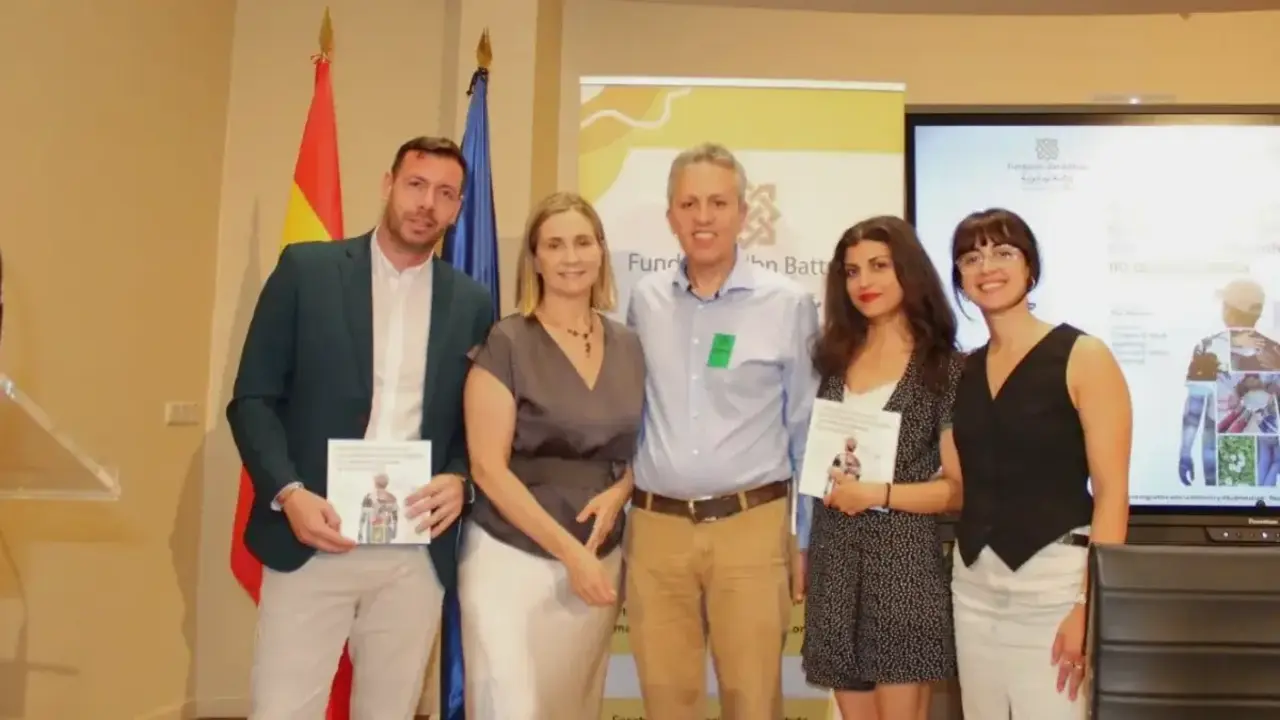Groups stand up for Afghan women and urge UN to ban travel by Taliban leaders

Violence against Afghan women continues to know no bounds and the oppression is getting harsher and harsher. Since the Taliban came to power in August last year, attempts have been made to make women invisible through restrictions and measures that demonstrate the lack of freedom in the Asian country. Several human rights groups have urged the UN to take drastic measures in response to this violation of women's integrity.
In particular, the day is approaching when one of the exemptions conceived during the era of former US president Donald Trump, which allowed the Taliban to travel internationally, expires. As a result, groups are urging the UN not to renew this concession and to institute the ban in response to the country's gender-based violence.
The groups claim that this is one of the ways to finally isolate the Taliban and argue that since they ban all sorts of things for Afghan women, any consequences should be imposed on them that are severe and firm.

During this week, the Security Council of the institution will have to discuss what the decision will be. Should they end this exemption and institute a ban, the Taliban government will never be recognised by any international authority. The UN says that until the girls return to the schools, no one will accept the legitimisation of the Taliban.
Right now, only 14 out of 55 members of the Taliban executive are allowed to travel abroad as members of some peace-seeking meetings. Voting in favour of women would mean the recognition of the struggle of Afghan women and a consideration of the Taliban's actions as illegal and infringing on freedom and human rights.
Some in the US government are not in favour of the ban, preferring instead to renew it and continue to allow Taliban travel abroad. But the US has not yet taken an official position on how it will vote. Another is Norway, which also plays an important role as the holder of the Afghan dossier.
"The exemption from the travel ban is first and foremost a tool to facilitate contact with the de facto authorities. In our view, this remains crucial if we want to influence the trajectory of Afghanistan's future," said Henrik Thune, Norway's deputy Foreign Minister, as quoted in the Guardian.

Even so, a number of prominent international leaders have come out in favour of the ban, including former Swedish Foreign Minister Margot Wallström.
"The long-standing UN travel ban imposed on Taliban leaders provides an exemption for some of them. Meanwhile, Afghan women can hardly leave their homes. The exemption from the travel ban should not be renewed unconditionally - real progress for Afghan women and girls," the British newspaper reports.
Annie Pforzheimer, former deputy head of the US mission in Kabul, stresses the importance of acting as soon as possible to avoid worse consequences for Afghan women and girls. However, she says that putting an end to this as soon as possible will deter other extremist groups from following the Taliban's example.
"We talk about a travel ban for the Taliban, well, the real travel ban is for Afghan women, who are barely allowed to leave their homes. But still, the Taliban get all the travel benefits they want despite that," says Afghan activist Asila Wardak. She points out that measures have to start being more restrictive if anything is to be achieved.

The UN, although it has not yet found a solution to this issue, does recognise violence against women in Afghanistan. The institution is a staunch defender of the fact that the freedom of women and girls is being restricted, and that they are increasingly alone in the face of the Taliban who are putting their lives' safety at stake.
Since the takeover of Kabul, the Taliban have not stopped violating the human rights of women. Since then, women have been forced, among other measures, to wear the burqa, not to speak in public, not to receive education, not to have access to high positions, forbidden to travel alone, etc. Even child marriages have been reinstated, which confirms that Afghan women are living in a situation that requires international help in order to be free again.







